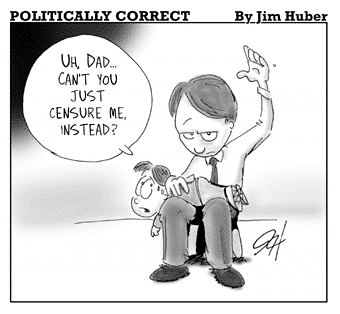“Fly anywhere on Earth to view satellite imagery, maps, terrain, 3D buildings and even explore galaxies in the Sky,” advertises Google Earth. Pulling all the right heartstrings, I can dream up adventures, and find the cheapest gas and best roadside dinner along the most scenic route—all without leaving my home. It’s safe to say, my love for Google Maps and Google Earth has been unquestioning—until now.
According to this
BBC article, Google, and other similar online mapping programs, are “wiping out history,” leaving out “crucial data people need to understand a landscape.”
Not so curiously, the article points out the “corporate” nature of the maps, with all 17 Starbucks in a two hour radius making the cut while finding directions to that science museum might take a little, or a lot, more searching (“if someone walked around the South Kensington area of London, they would encounter landmarks such as the Science Museum, Royal Albert Hall and the Natural History Museum, which could not be found on Google Maps.”). It’s a “corporate blankwash,” they say.
What’s more, the article argues, the “have it your way” nature of the online mapping systems narrows the viewer’s scope to only that which they wish to see. A foodie’s dream map may be dotted with every restaurant in town, but when he or she zooms out to the real world, what’s lost in translation? Moreover, this
Globe and Mail article suggests that a quick search on Google Maps can give heft to preconceived notions about identity. “While our digital footprint expands, privacy erodes,” Hartley argues. I can Google street view my blind date, but in the end, what does that really mean?)
But it gets worse. "We're in real danger of losing what makes maps so unique, giving us a feel for a place even if we've never been there," says Mary Spence, president of the British Cartographic Society. Are we leaning to heavily on the “knowledge” these maps impart? Are the satellite images a distraction from the fact that, indeed, these maps are backed by corporation. Ed Parsons, a Google geospatial technologist, told The Indendent (http://www.independent.co.uk/news/uk/home-news/internet-maps-demolish-british-history-912333.html) he could not accept that google was “wiping features off the map.” Hidden, maybe, but accessible? With a little work, sure. But who is putting in the time?
Google Maps have aligned our cattle
north to south , established the quickest driving routes, and allowed us all to travel the world with the click of the mouse. But has it become too easy? Spence’s claim about the erasure of history is a bold one, but perhaps she was not the first to ring the bell. Perhaps maps are more simply,
"preceding the territory". Jean Baudrillard has been warning us for years, “The territory no longer precedes the map, nor does it survive it. It is nevertheless the map that precedes the territory - precession of simulacra - that engenders the territory.” Welcome to the
digitalized desert of the real.









